It’s always an exhausting hassle to file an auto insurance claim after getting involved in a car accident. But, what if you are involved in a car accident that isn’t your fault?
Use eTags© to Quickly Complete Your DMV Service. Renewals, Title Transfers and More, All Online!
You may think that it could be even more frustrating, but it doesn’t have to be that way.
Here are some tips about non-fault car accident claims that you must follow to avoid future hassles.
Gather relevant information

The driver who crashes into your vehicle is responsible for contacting his car insurance to report the accident.
However, it’s advisable that the non-fault driver contacts the other person’s insurance company to file a report.
Be specific and collect the following information:
- At-fault driver’s name and license.
- At-fault driver’s auto insurance company and details about his coverage.
- Third-party statements and information from other witnesses.
- Take pictures of the incident. It always works to use your phone to collect evidence.
Keep track of everything is the best way to follow, support, and file your case with your car insurance company.
SEE ALSO: How To File Auto Insurance Claims After A Car Accident
Contact the right people/agents
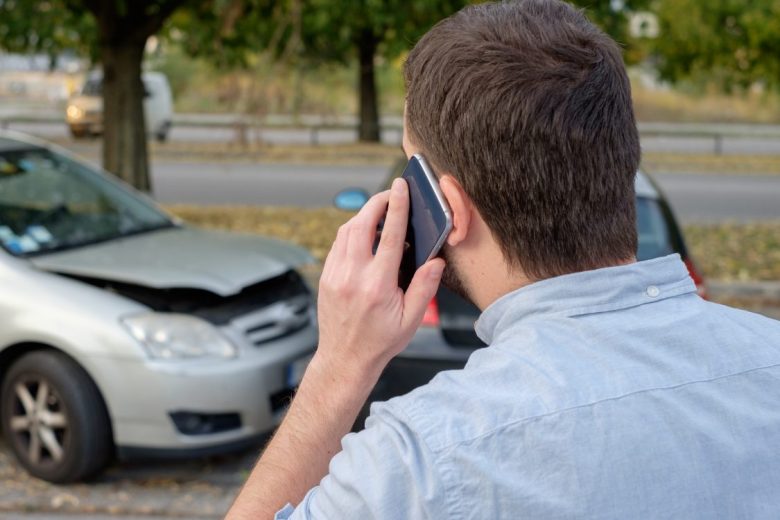
First, contact the police right away. They are the best third-party source of information you could ever get.
The police will gather information from both drivers, find out with any witnesses, and create a police report that you will need to file when contacting your insurer.
Then contact the other driver’s auto insurer to let them know about the accident. In this situation try to be neutral and provide accurate information about the incident even if you believe that it wasn’t your fault.
Try to have your documents sorted to give proof of your case. Don’t get your car repaired or have injury treatments unless they give you an expressed authorization of insurance liabilities.
Regardless of who’s at fault, always contact your auto insurance provider to report the accident. Sometimes at-fault drivers deny responsibility and it’s beneficial to contact your insurer to proceed with a collision claim.
SEE ALSO: 9 Frequently Asked Questions About Auto Insurance Claims
Don’t try to solve things on your own

Remember that most states have made it illegal for auto insurers to deny claim liabilities without making any proper investigation.
If the at-fault driver is evidently responsible for the accident, the auto insurance has no reason to deny your claim.
Avoid confronting the other driver’s insurer, even if you are not at-fault. Know that trying to take care of things by yourself will require the use of an attorney.
Attorneys will be open to support your case, but the service could be expensive, taking money from your claim.
You are also at risk of delays. It’s a common for insurers to side with their clients if there’s no police report or evidence against their client.
Let your auto insurance company take care of it.
SEE ALSO: 6 Reasons Auto Insurance Companies Deny Coverage
Keep in touch with your auto insurance company

If the other driver’s auto insurance finds zero responsibility or the process gets lost, talk to your insurer to see what you are entitled based on your coverage.
If you have the right coverage, you could use your collision coverage to pay for the damages and injuries that happened during the accident.
Of course, you may have to pay some deductibles, but if the other driver’s insurance admits responsibility you could get reimbursed.
In case the other at-fault driver wasn’t insured, you could use your uninsured motorist coverage property damage (if it applies to you policy) to pay for your vehicle damages with zero deductibles.
Know that you are entitled to file a claim and auto insurance companies are not legally allowed to surcharge you on your next renewal in most state laws.
SEE ALSO: Is My Car Covered With Insurance? How to Run An Automobile Insurance Check
Learn more about your coverage
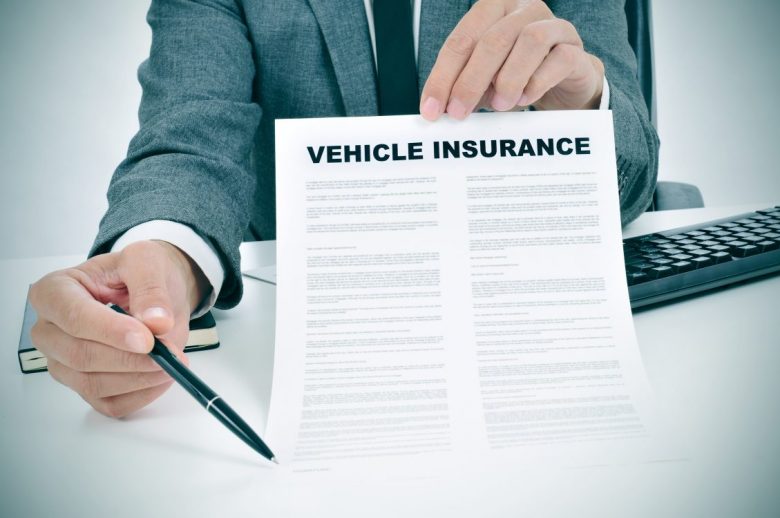
Most states allow people to file a claim for injuries through the at-fault person’s auto insurance company. If the at-fault driver is uninsured, then you could file a claim through your own uninsured motorist bodily injury coverage.
Know that personal injury protection (PIP) is mandatory in some states so always check with your auto insurance.
The rules on how to claim your PIP coverage varies from state to state and they could cover your medical expenses and lost wages depending on the nature of your car accident.
Check with your insurer if you live in a non-fault state to understand more about your existing coverage, non-fault car accident procedures, and benefits. Or contact your local DMV to know if you live in a non-fault state.
Some non-fault states even allow you to contact the other driver’s auto insurer to cover your car’s property damage and even some medical expenses not covered by your PIP.
SEE ALSO: 5 Kinds Of Auto Insurance Coverages (And How To Handle Them)
Watch out for rental-car costs

In the auto insurance world, insurers are always seeking for ways to recover costs from their claims and that includes rental car costs.
Getting involved in a car accident is a very disrupting situation full of hassles and bureaucracies. If you were a victim of a car accident, you have the right to get back all the money associated with your disruption.
That also includes costs associated with renting a vehicle while having your car fixed at the mechanic.
Be cautious when renting a vehicle and do not buy a rental-car collision waiver from any rental company if you have an insurance policy that covers damages for rental cars.
Keep track of your policy and any changes in your car-rental refund stipulation must be specified in writing.
SEE ALSO: 11 Interesting Auto Insurance Facts Everyone Must Know
Know your rights
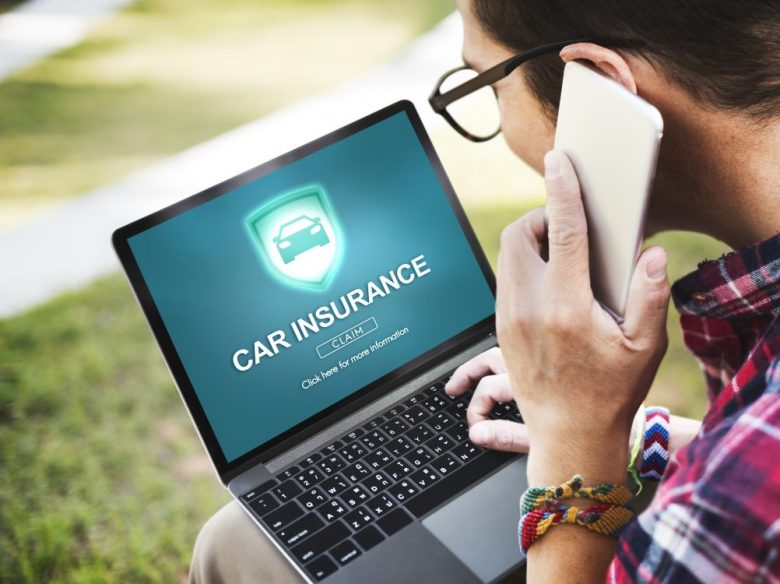
Take the time to learn more about how your state’s Unfair Claims Settlement Practices Act can help your case.
This act specifies the lapse of time in which an auto insurance company must issue you a check for the damages incurred during a car accident.
The law varies from state to state and knowing the exact time period to recoup expenses depends on each state’s regulations.
Note that oftentimes unfair claims settlement practices acts do not provide you with the same rights if you are filing a claim against the other driver’s insurer.
For that reason, write a matter-of-fact letter to let the other driver’s insurer about your rights and expectations including:
- repairs or total loss value of your car
- lost wages
- medical expenses
- pain and suffering
- diminished value of your car
- and rental car costs
Always keep copies and track all your documents to give support to your case.
Are you paying too much money on your car insurance? Click here to help you save money in few minutes.
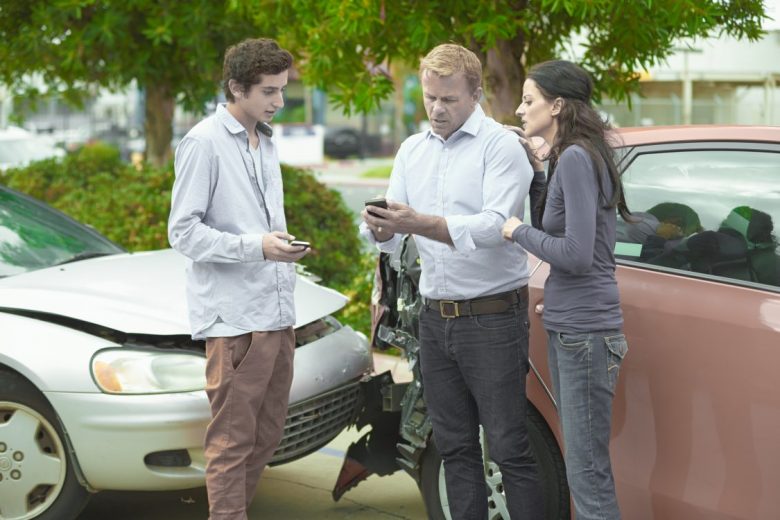





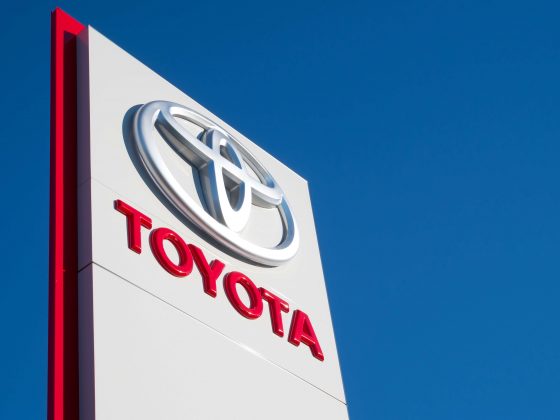


2 comments
I wouldn’t want to pay the insurance on that car. It’s beautiful though. When we love our Auto Insurance we do enything to save them that’s amazing
It’s always good to be protected and know how get the best out of a claim